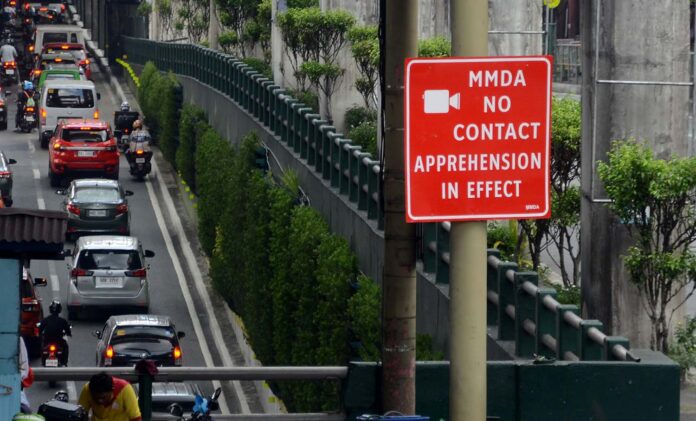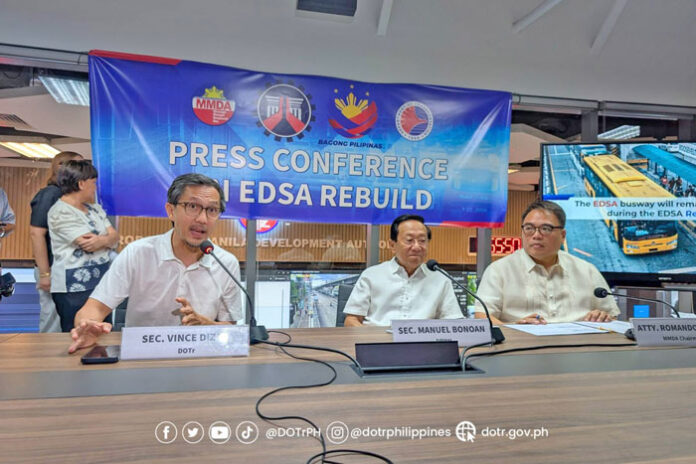A coalition of transport groups and a legal petitioner have filed a Motion for Reconsideration (MR) with Clarification before the Supreme Court, seeking to reverse its decision to partially lift the Temporary Restraining Order (TRO) against the re-implementation of the No Contact Apprehension Policy (NCAP) in Metro Manila.
The petitioners—lawyer Juman Paa, Kilusan sa Pagbabago ng Industriya ng Transportasyon Inc. (KAPIT), PASANG MASDA, ALTODAP, and ACTO—argued that the policy lacks legal basis and infringes on the rights of registered vehicle owners. They said the “registered owner rule” has no statutory foundation when applied to traffic violations recorded through NCAP.
They warned that the rule may expose registered owners to abuse from errant or malicious drivers who can commit traffic violations without bearing direct accountability, thereby shifting liability to innocent parties. They also raised concerns over potential violations of data privacy, particularly regarding information held by the Land Transportation Office (LTO).
The groups further questioned the recent implementation of the Metro Manila Traffic Code of 2023, calling it a “mere reiteration” of ordinances already challenged in the consolidated petition still pending before the High Court. They emphasized that the lifting of the TRO could cause a chilling effect on the rights of motorists.
The Supreme Court last week granted the urgent motion of the Office of the Solicitor General, acting on behalf of the Metro Manila Development Authority (MMDA), to partially lift the 2022 TRO. This enabled the MMDA and several local governments—including Manila, Quezon City, Valenzuela, Parañaque, and Muntinlupa—to resume NCAP enforcement after a three-year suspension.
NCAP, first launched in selected Metro Manila cities, uses surveillance cameras and digital technology to monitor traffic violations and issue citations without direct apprehension. While proponents argue it reduces corruption and improves traffic discipline, critics say it lacks due process, disproportionately affects low-income drivers, and was enforced without adequate public consultation. The issue has sparked ongoing legal battles and heated debates among motorists, local governments, and civil society groups.
Petitioners also noted that around 40% of the NCAP’s implementation area is concentrated in the City of Manila. With EDSA still undergoing rehabilitation, they said it is “highly unlikely” that motorists can easily divert to alternate interior routes, intensifying traffic burdens and potential penalties.








